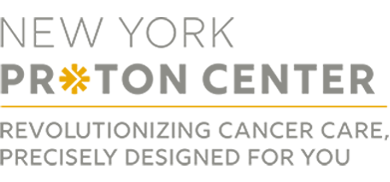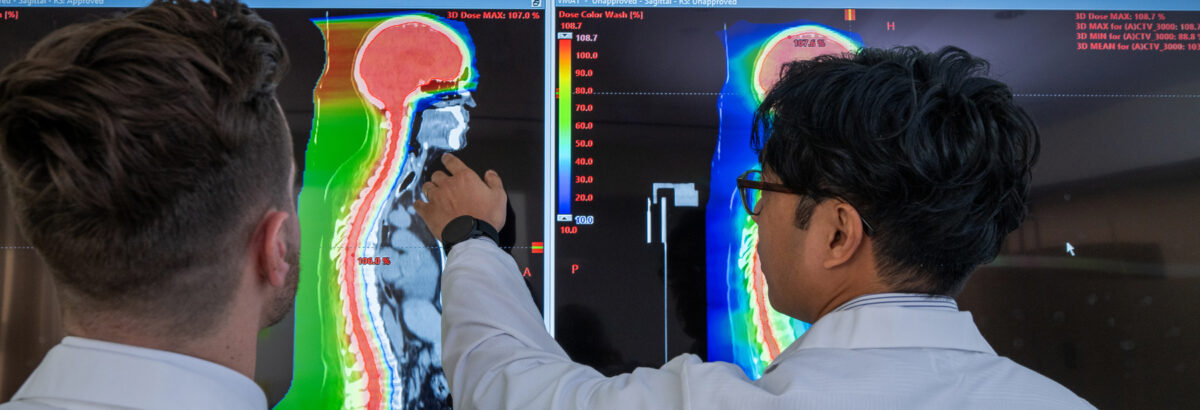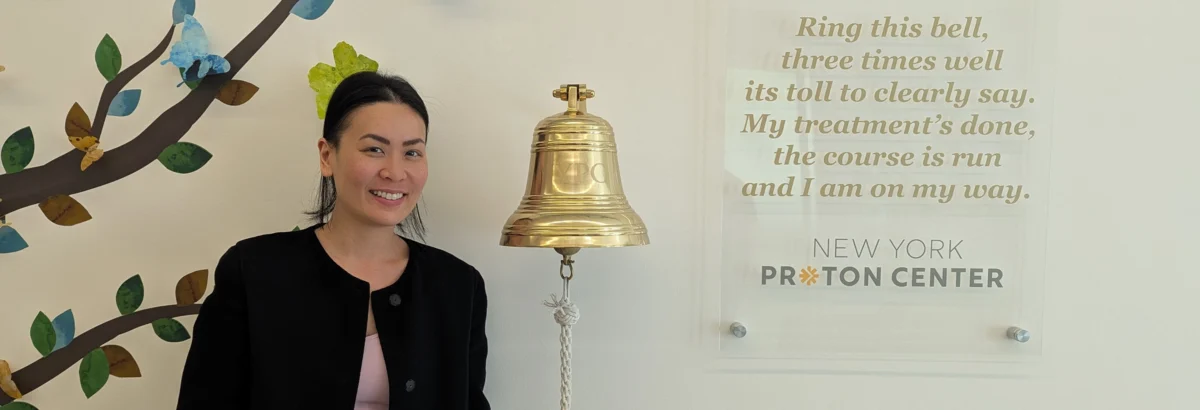National Nutrition Month: Making Plants Part of Your Balanced Diet
Nutrition is an Essential Part of Patient Care
Eating healthy is challenging for all of us. From the time it takes, cost, convenience, finding the right ingredients, and just pure preference—it’s not always easy to make the food choices that are best for our health and wellbeing. But when you’re being treated for cancer, this can sometimes be an even more difficult task.
For some patients, treatment side effects impact appetite and the ability to eat, especially for patients with head and neck tumors and some esophageal and lung cancers. Other patients simply want to know how they can eat healthier to optimize their life and immune system.
Here at the New York Proton Center, we take a 360-degree approach to cancer care, and we understand how important every single aspect of treatment is. We see such strong, brave, and resilient patients every single day, and we strive to make their experience during such a difficult time in their life as easy as possible.
This National Nutrition Month, we want to take a moment to recognize that healthy nutrition is an essential part of every patient’s treatment journey. NYPC prioritizes nutrition as a core component of our care, and each patient has the option to work with a registered dietician-nutritionist.
Include a Plant-Based Diet as Part of Your Plan
Eating the right foods before, during, and after treatments can help you feel better, heal faster, and stay stronger. We understand that every case is different, and we pride ourselves on tailoring treatment–and nutritional recommendations–specifically for every patient, every case, and every scenario.
The United States Dietary Guidelines for Americans and the American Cancer Society recommends eating a diet rich in whole grains and all colors of vegetables and fruits; limiting the amount of red meat you eat; cutting back on saturated fats, sugar, alcohol, and salt; and staying at a healthy weight. As NYPC’s resident dietician-nutritionist, there are a few general tips I offer our patients in tailoring a diet that works for each of them.
One thing I stress to my patients who want to make healthier lifestyle changes is making plants a more significant part of their diet. A plant-based diet has been shown to reduce the risk of developing certain cancers and may even help to prevent recurrence if you’ve already had cancer. I always recommend my patients make vegetables, fruit, and pulses (legumes) such as beans and lentils a major part of their daily diet.
According to the World Cancer Research Fund and the American Institute of Cancer Research, a diet rich in whole grains, beans, lentils, fruits, and vegetables offers several health benefits such as reduced risk for certain cancers, weight gain, and obesity. These organizations cite evidence that eating fiber rich foods such as whole grains may help protect against colorectal cancer and obesity. The United States Dietary Guidelines recommend that half of your daily grain intake be from whole grains such as oatmeal, buckwheat, brown rice, popcorn, quinoa, or whole wheat bread. Even if you aren’t currently going through treatment, these are dietary suggestions to keep in mind to lower cancer risk.
How to Help As a Caregiver
If you are caring for someone going through treatments, never underestimate what a good “comfort meal” can do for their mental health. Food plays such an important role in all of our lives. Sometimes, when we’re at our lowest or have lost our appetite, a favorite meal may just be the boost we need, especially after a long day of treatment. Obviously, have everything in moderation. Have your favorites but try to switch things up and add some excitement to your diet by trying different plant-based foods. You might just find some new favorites!
No matter what type of tumor you have, NYPC is here to support you through your entire treatment journey. That includes your nutritional health, which we are proud to acknowledge this National Nutrition Month. Your diet is your first line of defense in living a long, healthy life.There are also biological aspects of proton therapy that make protons more effective at actually killing the tumor and engaging the immune system to attack cancer cells.



